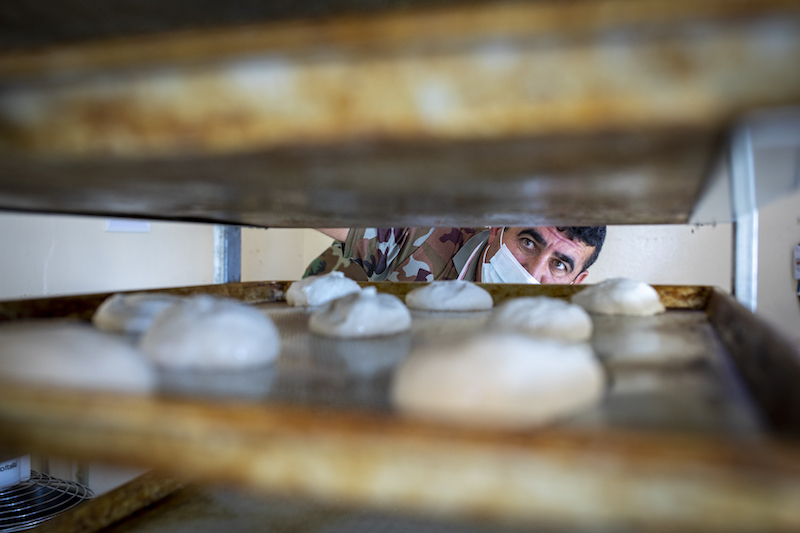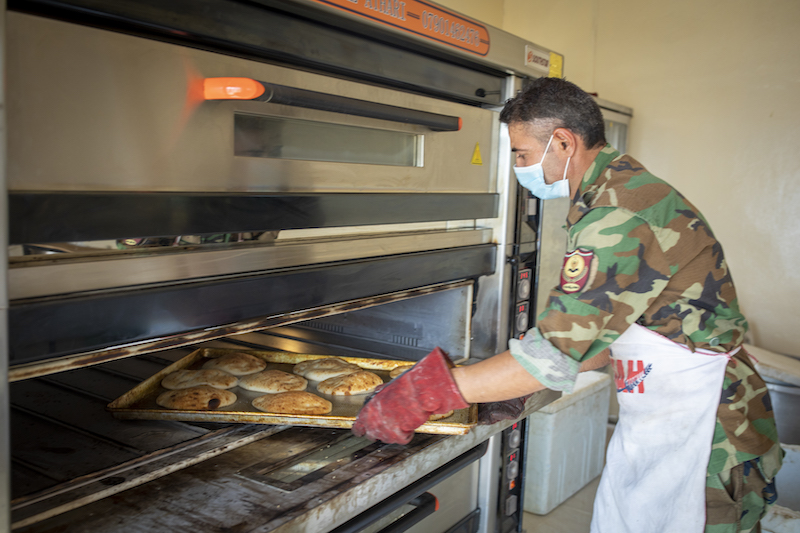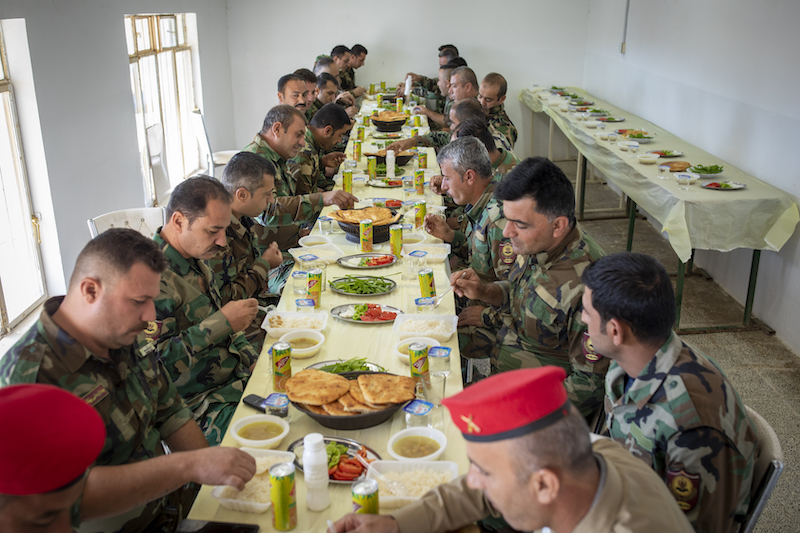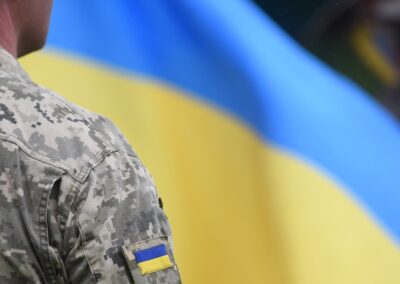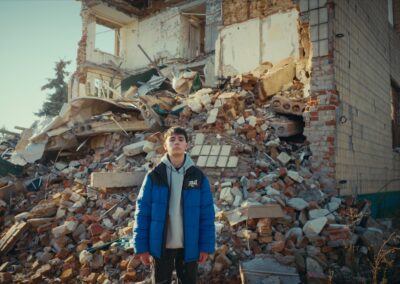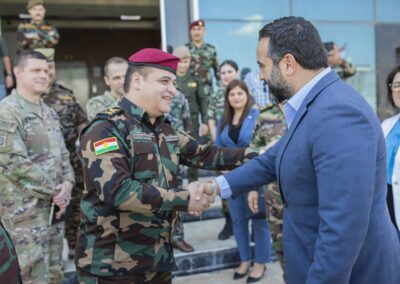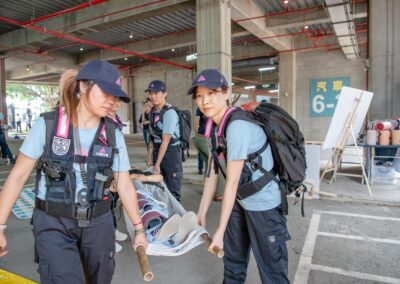Breaking bread, building partnerships

Though it’s a central character, this story is not really about bread.
In early April, I received a message from General Hazhar Ismail, the Senior Military Advisor to the Minister of Peshmerga Affairs. For some time, the General and I have known each other, having collaborated on several Spirit of America initiatives. Over the years, working closely with the US Consulate in Erbil, our team has supported the Ministry of Peshmerga Affairs through several projects, including enhancing their personnel HR system, helping establish a Peshmerga English language center, and providing urgently needed PPE in the early days of the COVID-19 outbreak. The General has played a central role in all these efforts, sharing valuable insights and making necessary introductions. Beyond our work together, General Hazhar has become a good friend to me, someone whose knowledge, patriotism, and humility I greatly admire.
“I have talked with the Deputy Minister and we selected a unit for your support project,” he wrote. Earlier in the year, after consultations with the Consulate, I informed the General that should an opportunity to be of assistance arise, he is welcome to reach out. For the US Military, helping to build up and professionalize the Ministry is a top priority. We wanted to bolster this effort.
The General continued, “And the project is a large automatic baking oven.”
Feeling a mix of surprise (did not see that coming!) and curiosity, I asked, “Oven for making bread?”
“Yes, there is a big automatic oven we call فرن صمون اوتوماتيكي.” The units that require them are the 12th and 4th Regional Guard Brigades, both of which are supported by the US and play a leading role in maintaining the region’s security and preventing ISIS attacks.
To be clear: The Peshmerga units are not short on food, nor do they lack bread per se. The issue is one of self-sufficiency and logistics. With industrial ovens, the Brigades would efficiently produce bread for their soldiers without the need for complicated logistical and administrative arrangements. An army marches on its stomach, the saying goes. Moreover, freshly baked bread would be a morale boost. Having had a loaf or two of Kurdish bread, I can attest to this. The canoe-shaped stuff, just out of the oven, is mouth-wateringly good.
The next step was for a site visit. Unless seriously problematic, we go to great lengths to visit with the people and the places we choose to help. There is no substitute for on-the-ground understanding. It’s also a matter of respect and credibility since where you choose to place your body reveals your priorities. Partners notice this.
General Hazhar put me in touch with Colonel Mohammed, commander of the 4th Regional Guard Brigade. Following a phone conversation, I traveled to Dohuk, the capital of the province bearing the same name, where the Colonel and I met for dinner. The following morning, we drove to his headquarters, just south of a village called Bamerne, which barely registered on my map. Colonel Mohammed’s responsibilities are as vast as his area of operations, a sprawling chunk of geography in the far north of Iraqi Kurdistan dominated by shrub-covered mountains, with Turkey looming to the north and Syria off to the west. The pristine and seemingly peaceful landscape camouflaged a plethora of geopolitical dynamics and thorny issues that require exceptional care. One miscalculation could quickly result in significant loss of life, territory, or both.
Colonel Mohammed, a mild-mannered man with resolute eyes, walked me through the various challenges he must contend with on any given day. We also got to know each other. Projects are not a series of administrative transactions; at least, they should not be. As we talked about our Army backgrounds, the Colonel told me about his tenure as a Battalion Commander in Mosul between 2003 and 2008.
“How many of your men did you have to bury?” I asked.
“106,” he answered.
It then struck me that it was Memorial Day in the US— a fitting reminder that in American-led conflicts, the sacrifices are borne by many.
After a seemingly unending procession of teacups, we headed to a nearby building where Colonel Mohammed showed me what would soon become the bakery. One issue immediately jumped out: the unfinished cement floor constituted a sanitation hazard. Ceramic flooring was required to ensure proper hygiene.
We finished touring the facility and headed back to the Colonel’s office. As we marched, the Colonel asked me, “Can you provide the ceramics?”
“We will. I won’t do the job halfway.”
“We appreciate you,” he replied, then asked, “When will you come back to Kurdistan again?”
“In a couple of months, probably late July.”
“Then you will visit me again. This time not for the project but as friends. I will take you to my village, and you will be my guest.”
“I would love to, Colonel.”
As I noted at the very beginning, bread is just one of the ingredients of this story.


